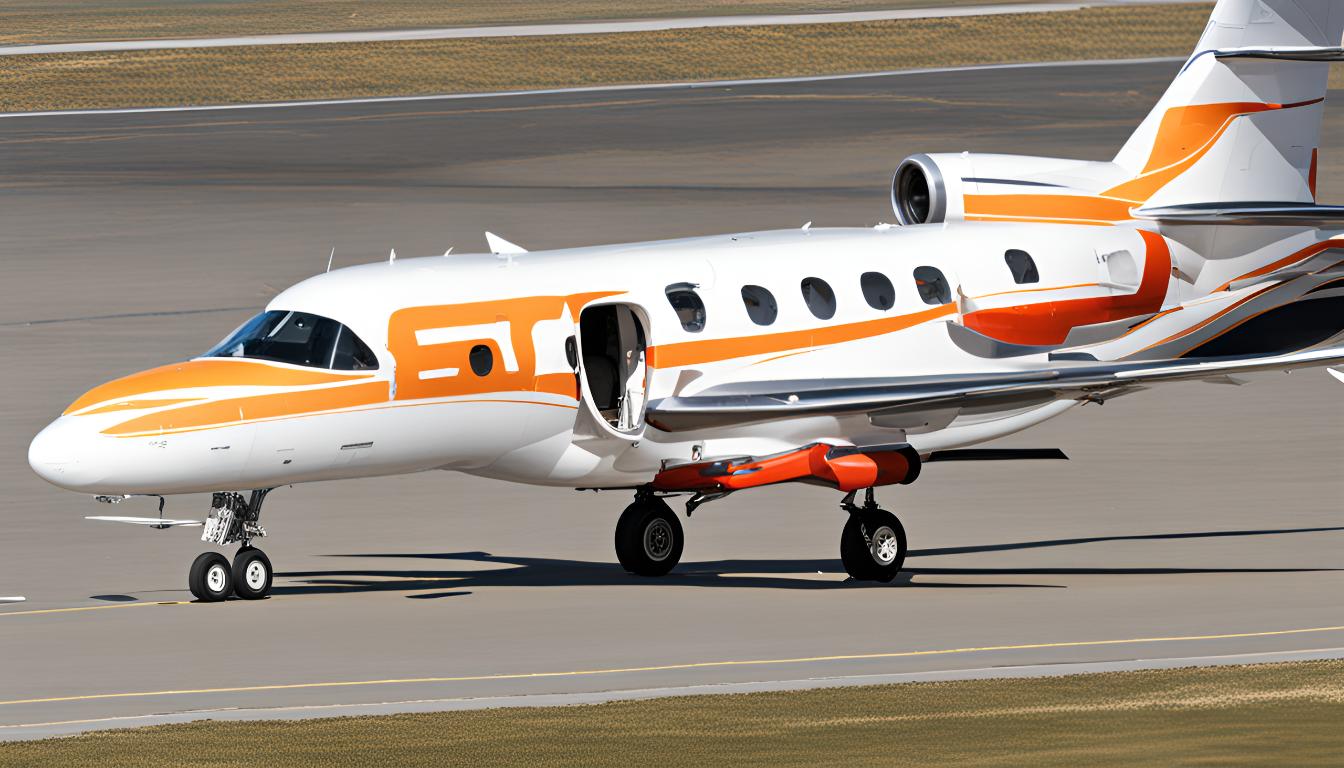Aviation Security Service Providers: Ensuring Safety and Compliance in Air Travel
Introduction
Aviation security is a critical component of the global air transport system, ensuring the safety of passengers, crew, and aircraft. Security service providers in aviation play a crucial role in implementing and managing security measures that protect against threats and maintain the integrity of air travel. This article provides an overview of aviation security services, their importance, and highlights some leading providers in the industry.
What Are Aviation Security Services?
Definition
Aviation security services involve a range of activities designed to protect aircraft, passengers, and airport facilities from various threats, including terrorism, theft, and sabotage. These services include:
- Passenger Screening: Checking passengers and their belongings to prevent prohibited items from being brought onto aircraft.
- Baggage Screening: Inspecting checked and carry-on baggage for explosives, weapons, and other dangerous items.
- Aircraft Security: Securing the aircraft itself from unauthorized access and potential threats.
- Cargo Security: Ensuring that cargo is screened and handled safely to prevent the introduction of dangerous materials.
- Airport Facility Security: Protecting airport terminals, hangars, and other infrastructure from security breaches.
Importance of Aviation Security Services
Efficient aviation security services are essential for:
- Passenger Safety: Protecting passengers from potential threats and ensuring a safe travel experience.
- Crew Safety: Ensuring the security of crew members and their working environment.
- Aircraft Protection: Preventing unauthorized access and safeguarding the aircraft from potential attacks.
- Regulatory Compliance: Adhering to international and national security regulations and standards.
- Operational Continuity: Ensuring that security measures do not disrupt the smooth operation of flights and airport activities.
Key Services Provided by Aviation Security Companies
1. Passenger Screening
- Checkpoint Screening: Using metal detectors, body scanners, and manual inspections to screen passengers and their carry-on items.
- Behavioral Analysis: Employing techniques to identify suspicious behavior and potential threats.
- Identity Verification: Verifying passenger identification to prevent identity fraud and unauthorized access.
2. Baggage Screening
- X-Ray Inspection: Using X-ray machines to inspect the contents of baggage for prohibited items.
- Explosive Detection: Implementing technologies to detect explosives and other dangerous substances in baggage.
- Manual Inspection: Conducting additional checks on suspicious or flagged items.
3. Aircraft Security
- Access Control: Restricting access to the aircraft to authorized personnel only.
- Security Patrols: Conducting regular patrols around the aircraft to detect and prevent unauthorized activities.
- Surveillance Systems: Utilizing cameras and other monitoring systems to keep an eye on aircraft security.
4. Cargo Security
- Screening Procedures: Implementing thorough screening procedures for all cargo and mail.
- Secure Handling: Ensuring cargo is handled safely and securely throughout the airport process.
- Compliance Checks: Adhering to regulations for the transportation of dangerous goods.
5. Airport Facility Security
- Perimeter Security: Securing the airport’s perimeter with fencing, gates, and surveillance systems.
- Terminal Security: Protecting passenger terminals and other airport facilities from potential threats.
- Emergency Response: Developing and executing emergency response plans for security incidents.
Leading Aviation Security Service Providers
Example: Airtron
Airtron, based in the United Kingdom, is a prominent Aviation Security Service Providers, known for its comprehensive and reliable security solutions.
Services Offered by Airtron
1. Passenger Screening
- Advanced Screening Technologies: Utilizing the latest technologies for passenger screening, including body scanners and metal detectors.
- Behavioral Detection: Employing trained personnel to analyze passenger behavior for potential security threats.
- Efficient Identity Checks: Implementing robust systems for verifying passenger identities.
2. Baggage Screening
- State-of-the-Art X-Ray Machines: Using advanced X-ray systems to ensure thorough inspection of baggage.
- Explosive Detection Systems: Implementing technology to detect explosives and other hazardous materials.
- Thorough Manual Inspections: Conducting additional checks as needed to ensure security.
3. Aircraft Security
- Restricted Access Control: Enforcing strict access controls to protect aircraft from unauthorized personnel.
- Regular Security Patrols: Performing routine patrols around the aircraft to prevent security breaches.
- Comprehensive Surveillance: Utilizing surveillance systems to monitor aircraft and detect suspicious activities.
4. Cargo Security
- Rigorous Screening Procedures: Ensuring all cargo is thoroughly screened before being loaded onto aircraft.
- Secure Handling Practices: Handling cargo in a secure manner to prevent tampering or theft.
- Regulatory Compliance: Adhering to international regulations for the transport of dangerous goods.
5. Airport Facility Security
- Enhanced Perimeter Security: Protecting airport perimeters with advanced fencing and surveillance systems.
- Terminal Protection: Ensuring the security of passenger terminals and other critical airport areas.
- Effective Emergency Plans: Developing and implementing plans for responding to security incidents.
Why Choose Airtron?
1. Comprehensive Security Solutions
Airtron provides a full spectrum of security services, ensuring comprehensive protection for all aspects of aviation security.
2. High Standards of Service
The company is committed to maintaining high standards of security and safety in all operations.
3. Experienced Personnel
Airtron employs skilled security professionals trained in the latest security technologies and techniques.
4. Innovative Technologies
The use of advanced technologies and systems enhances the effectiveness and efficiency of Airtron’s security services.
Trends in Aviation Security Services
Technological Advancements
The integration of advanced technologies such as biometric identification, AI-driven threat detection, and enhanced surveillance systems is revolutionizing aviation security.
Focus on Cybersecurity
As aviation systems become more digitized, there is an increased emphasis on protecting against cyber threats and ensuring the security of digital infrastructure.
Enhanced Collaboration
Collaboration between security agencies, airlines, and airport authorities is improving the coordination and effectiveness of security measures.
Conclusion
Aviation security service providers are essential to the safety and integrity of air travel. Providers like Airtron exemplify excellence in this field with their comprehensive range of services, commitment to high standards, and use of advanced technologies. As the industry continues to evolve, innovations in technology and increased focus on cybersecurity will shape the future of aviation security, ensuring a safe and secure environment for passengers and aircraft.
